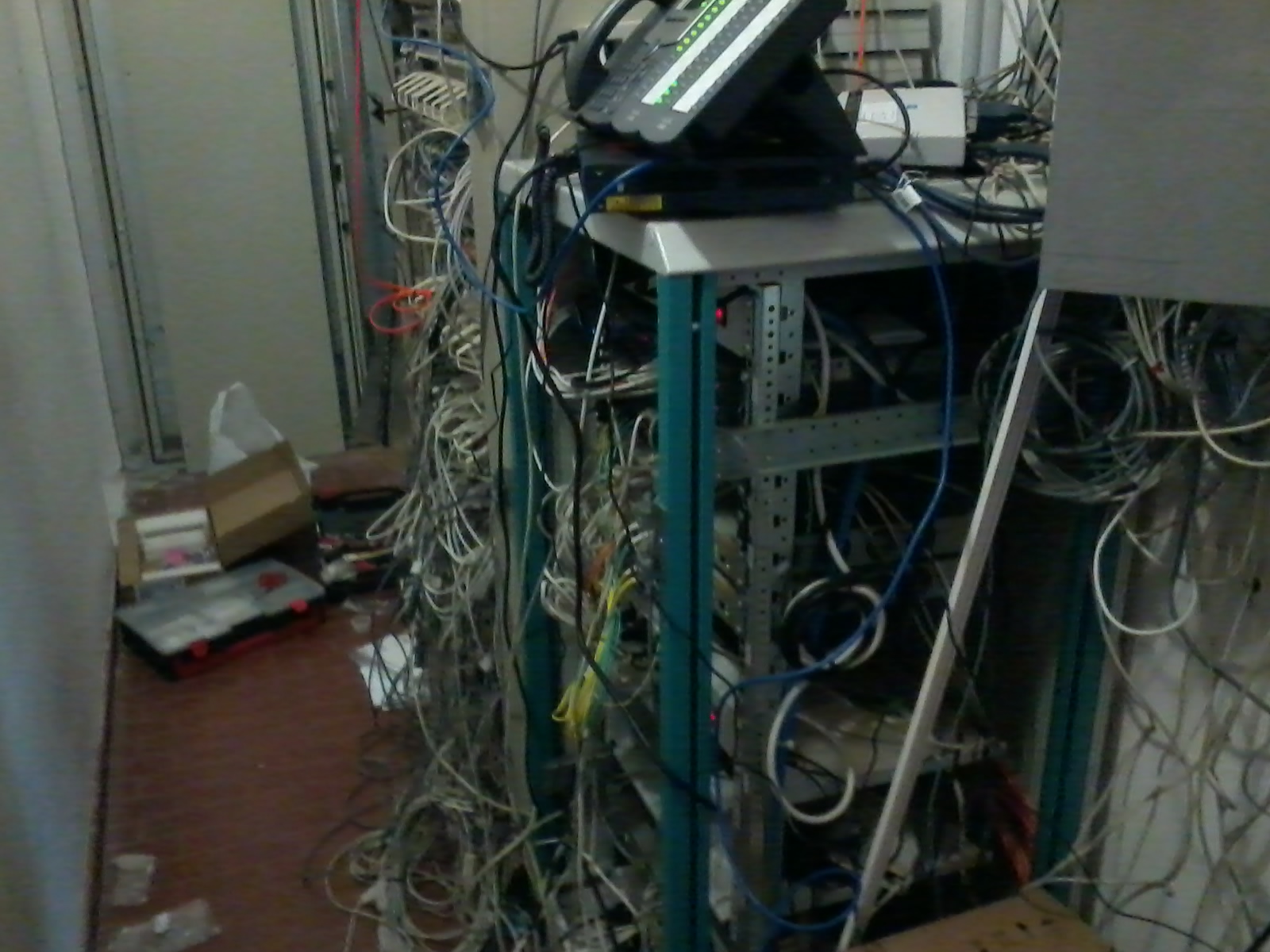In this post I will show you how to connect a pbx, with only an analog trunk available, to Portech MV-370 Gateway SIP/GSM, using a Grandstream HT503 gateway SIP/Analog FXO/FXS.
Yearly Archives: 2012
Detect Hard Drive Failure in Linux using S.M.A.R.T.
 In this post I will write about some techniques that can be used in a linux server to check the hard disk health status using S.M.A.R.T, and some tips about how it is possible to increase the life of this device.
In this post I will write about some techniques that can be used in a linux server to check the hard disk health status using S.M.A.R.T, and some tips about how it is possible to increase the life of this device.
S.M.A.R.T. stands for Self-Monitoring, Analysis and Reporting Technology and is a monitoring system for hard disk to detect the low-level indicators of the general health conditions of the device: the purpose is to indicate imminent failure.
According to several studies only about the 60 % of hard drives that later broke gave S.M.A.R.T. values that revealing an imminent failure: the other 40 % of the hard drive broke without any “strange” S.M.A.R.T. value or related alarm…. but I believe that in every case it is better than nothing.
Typical Italian Lan-Cabinet
Turn Pbx in a Flash 2.0.6.22 in RAID1 system
 I have installed a brand new pbx (using Pbx in a flash), all works fine, but I want to turn the working setup in RAID1.
I have installed a brand new pbx (using Pbx in a flash), all works fine, but I want to turn the working setup in RAID1.
Att.: With the new releases of the PiaF setup is no longer possible to perform a RAID installation (option ks_sataraid), and in spite of the usefulness of the raid on a pbx is much discussed (see link to the Pbx in a flash forum below). I prefer always to use a RAID1 in “important” installation and when the pbx will be used like file server too. And when it is not possible to use a RAID controller, I use Linux software RAID (it is, however, better than nothing !).
I found the how-to “How To Create A RAID1 Setup On An Existing CentOS/RedHat 6.0 System“ in how to forge (see link below), and in this tutorial I adapted it for our purposes.


